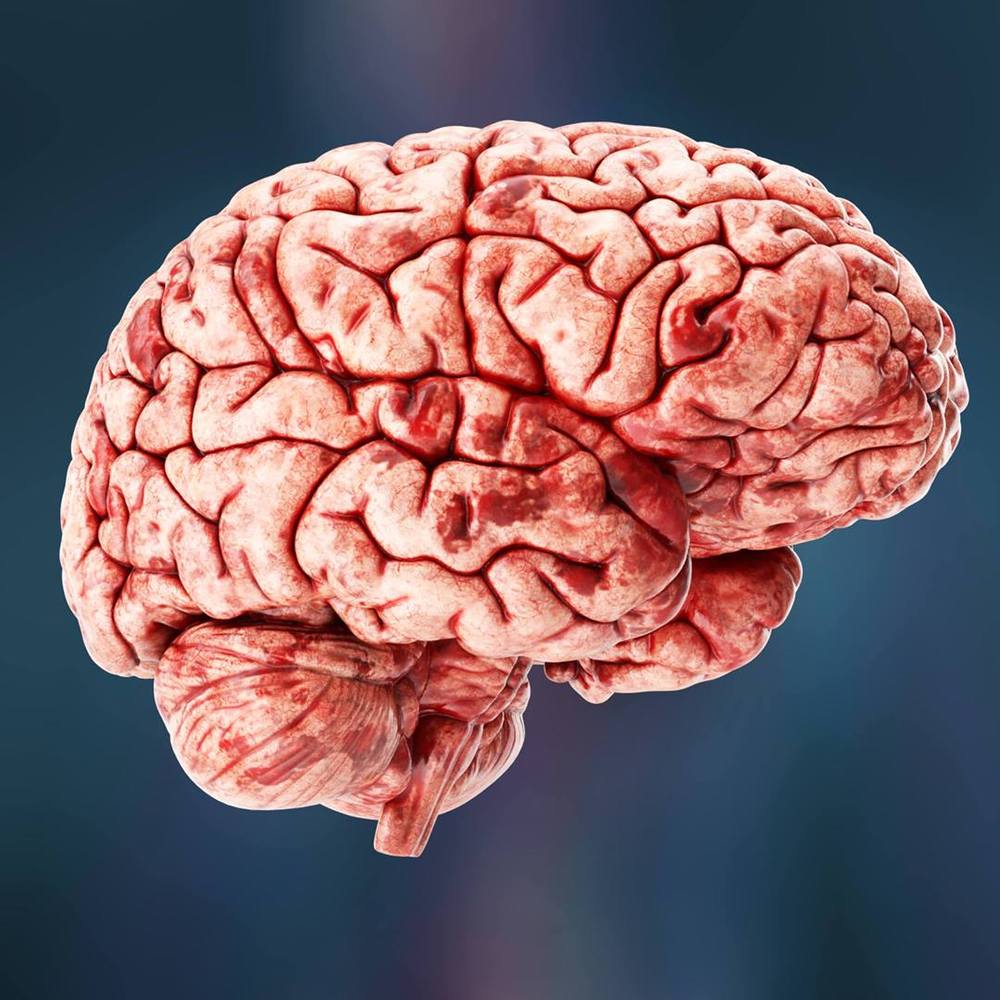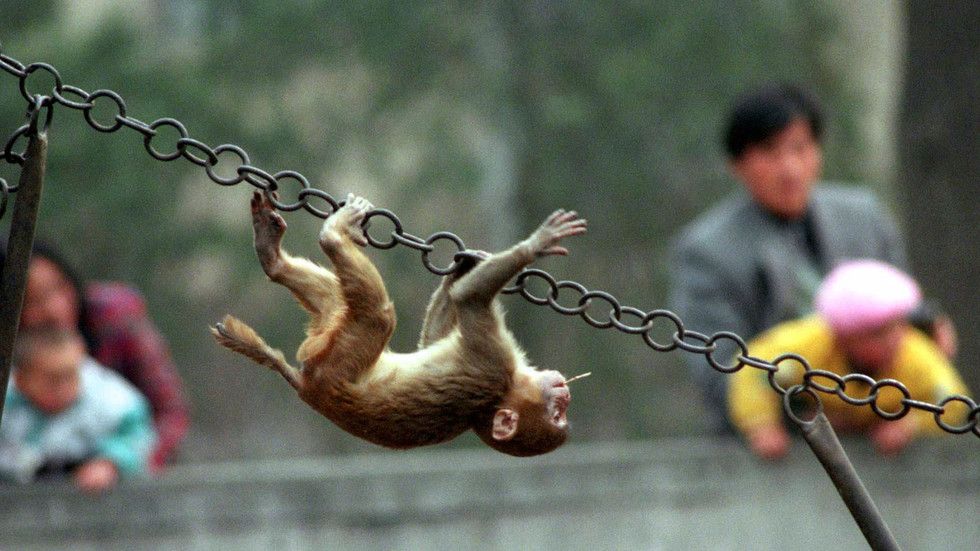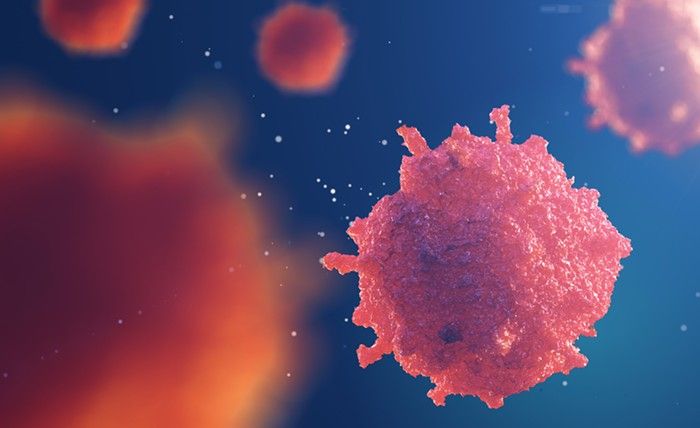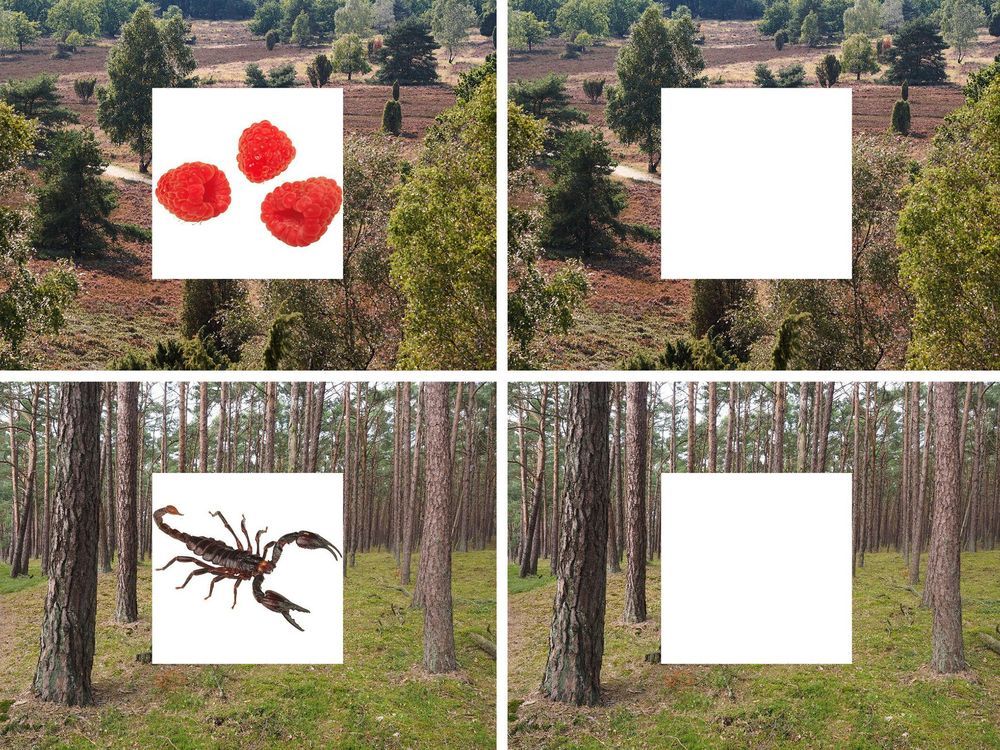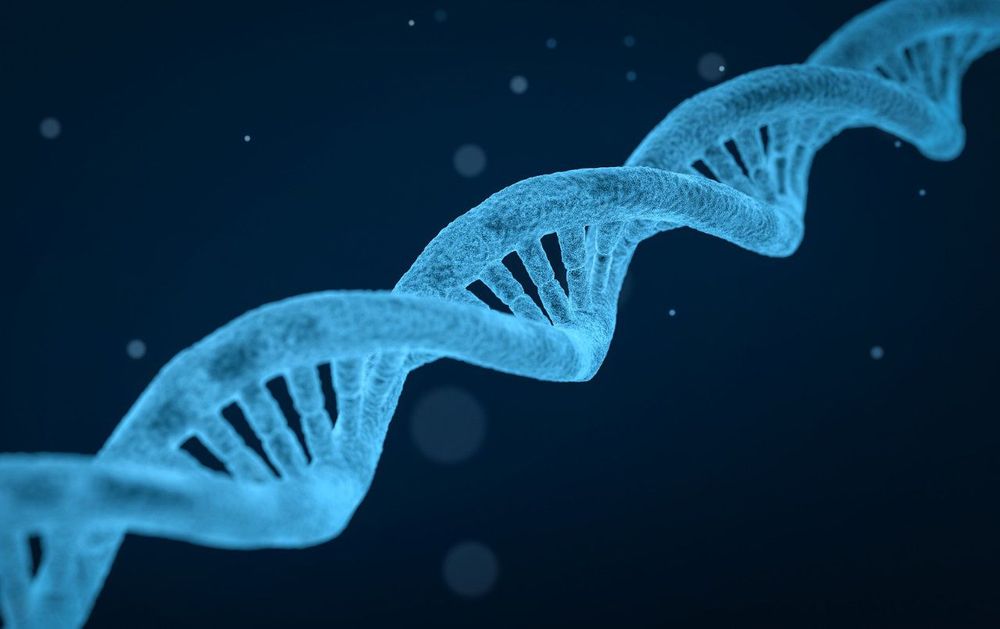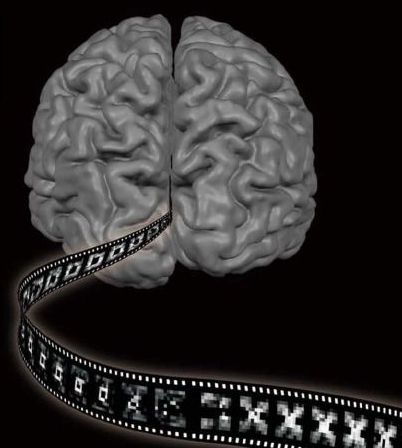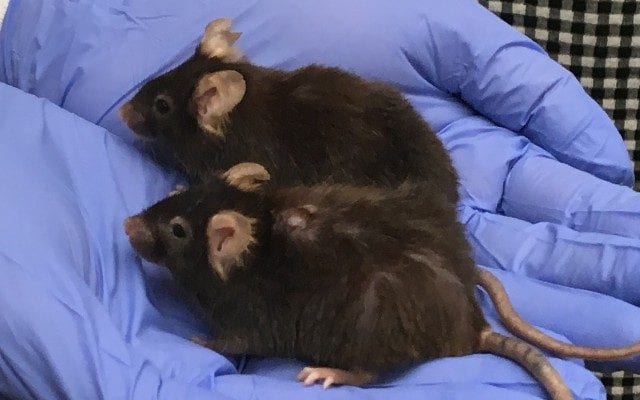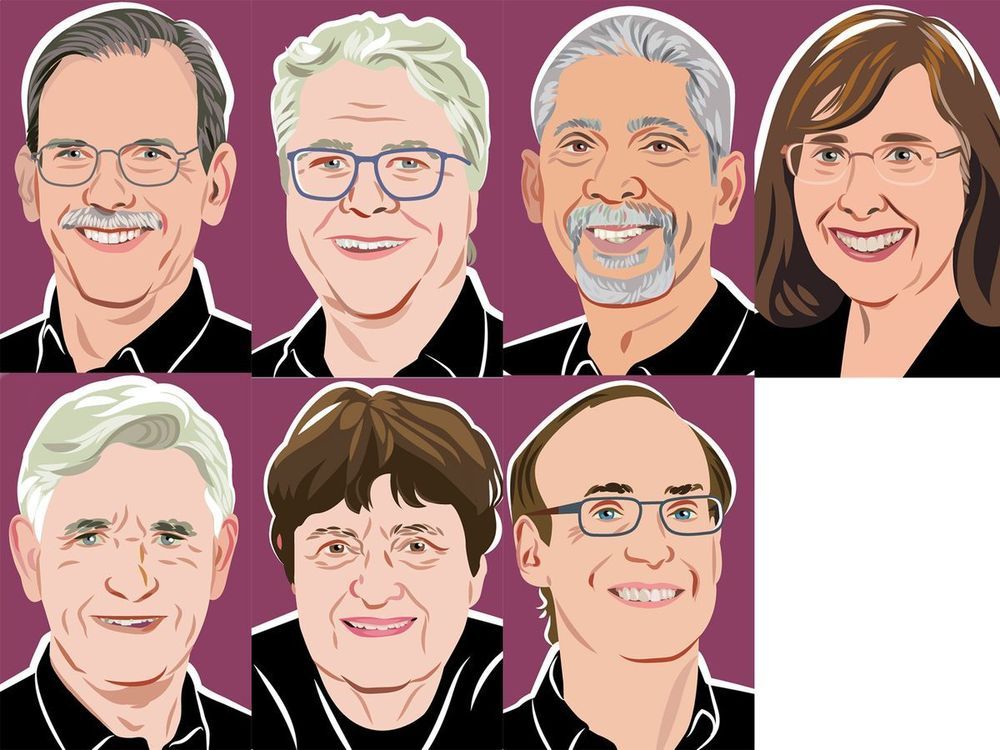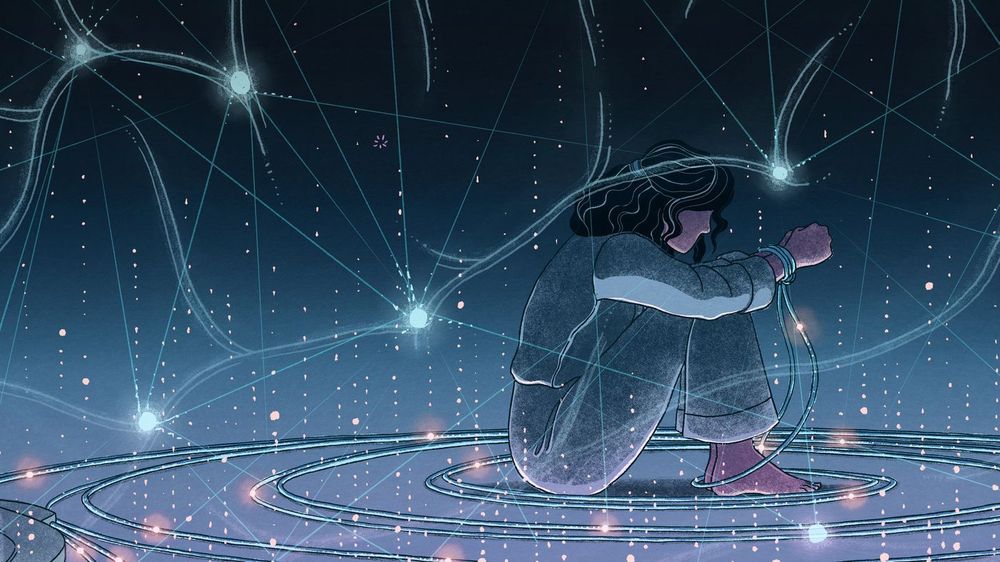Archive for the ‘neuroscience’ category: Page 667
Apr 3, 2019
Chinese, US researchers create monkeys with human-like brain development
Posted by Carse Peel in categories: genetics, neuroscience
A group of monkeys were found to have “human-like” brain development, including faster reactions and better memories, after a joint Sino-American team of researchers spliced a human gene into their genetic makeup.
Researchers from the Kunming Institute of Zoology at the Chinese Academy of Sciences (CAS), and the University of North Carolina in the United States modified the genes of 11 monkeys (eight first-generation and three second-generation) with the addition of copies of the human gene MCPH1.
Microcephalin (MCPH1) is a key factor in our brain development and, in particular, eventual brain size. Mutations in the gene can lead to the developmental disorder microcephaly, which is characterized by a tiny brain.
Apr 3, 2019
By Far the Strangest Scientific Discovery of 2018: Your Memories Are a Viral Infection
Posted by Victoria Generao in categories: biotech/medical, genetics, neuroscience
Agree or Disagree?
According to two papers published in Cell on January 11, 2018, the making of memories and the processes of learning resemble, of all things, a viral infection. It works like this: The shells that transport information between neurons are assembled by a gene called Arc. Experiments conducted by two research teams revealed that the Arc protein that forms a shell, functions much like a Gag, a gene that transports a virus’s genetic material between cells during an infection. For example, the retrovirus HIV uses a Gag in exactly this manner.
Apr 3, 2019
The brain’s auto-complete function
Posted by Xavier Rosseel in categories: biotech/medical, neuroscience
When looking at a picture of a sunny day at the beach, we can almost smell the scent of sun screen. Our brain often completes memories and automatically brings back to mind the different elements of the original experience. A new collaborative study between the Universities of Birmingham and Bonn now reveals the underlying mechanisms of this auto-complete function. It is now published in the journal Nature Communications.
The researchers presented participants with a number of different scene images. Importantly, they paired each scene image with one of two different objects, such as a raspberry or a scorpion. Participants were given 3 seconds to memorise a given scene-object combination. After a short break they were presented with the scene images again, but now had to reconstruct the associated object image from memory.
“At the same time, we examined participants’ brain activation,” explains Prof. Florian Mormann, who heads the Cognitive and Clinical Neurophysiology group at the University of Bonn Medical Centre. “We focused on two brain regions – the hippocampus and the neighbouring entorhinal cortex.” The hippocampus is known to play a role in associative memory, but how exactly it does so has remained poorly understood.
Apr 2, 2019
Study debunks ‘depression genes’ hypotheses
Posted by Xavier Rosseel in categories: genetics, neuroscience
Using genetic and survey data gathered from individuals via the UK Biobank, 23andMe, and the Psychiatric Genomics Consortium, they set out to see if any of the genes, or gene variants, were associated with depression either alone or when combined with an environmental factor like childhood trauma or socioeconomic diversity.
A new study assessing data from 620,000 individuals found that the 18 most highly-studied candidate genes for depression are no more associated with depression than randomly chosen genes.
Apr 2, 2019
Depression genes debunked: analysis dashes highly studied link
Posted by Genevieve Klien in categories: genetics, neuroscience
Research out of the University of Colorado Boulder has dashed research into a potential link between certain genes and depression. The conclusion follows an analysis of both survey and genetic data from more than half a million people, which found that 18 candidate genes and random genes were equally associated with cases of depression.
The new study, which was recently published in the American Journal of Psychiatry, looked at 18 highly-studied ‘candidate genes,’ each of which had previously been studied in association with depression a minimum of 10 times. The results were called “a little bit stunning” by study senior author Matthew Keller.
According to the study, these 18 candidate genes weren’t associated with depression more than other randomly chosen genes. Past research into the genes that had indicated a link between the two were called false positives, though the researchers caution that this doesn’t mean depression isn’t heritable.
Continue reading “Depression genes debunked: analysis dashes highly studied link” »
Apr 2, 2019
Data and demo codes for Shen, Horikawa, Majima, and Kamitani, “Deep image reconstruction from human brain activity”
Posted by Marcos Than Esponda in category: neuroscience
Imagine we could decode how our brain “stores” visual content. Some Japanese researchers have been working on solving that task. Ready for deep image reconstruction from human brain activity?
Abstract: https://journals.plos.org/ploscompbiol/article…
Apr 2, 2019
Wonder drugs that target ‘zombie cells’ could reverse the ageing process and prevent diseases
Posted by Genevieve Klien in categories: biotech/medical, life extension, neuroscience
With its pudgy body, tired eyes and hair loss, the lower mouse could easily be the father of the sprightly and alert animal nestling alongside.
But they are actually the same age, the result of extraordinary trials of drugs which are slowing down or even reversing the ageing process.
Scientists now believe that ageing itself is responsible for many major conditions such as Alzheimer’s, Parkinson’s, arthritis, cancer, heart disease, and diabetes. And they think they have found a way to turn it off.
Apr 2, 2019
2019 Gairdner Awards: Winners hailed for discoveries on DNA replication and power of stem cells to fight cancer
Posted by Genevieve Klien in categories: biotech/medical, health, neuroscience
It is fitting, then, that the groundbreaking research he’s done on mental health has, in a very real way, improved the lives of millions of people in the developing world.
Dr. Patel is the 2019 recipient of the prestigious John Dirks Canada Gairdner Global Health Award, which recognizes “his world-leading research in global mental health, providing greater knowledge on the burden and the determinants of mental disorders in low- and middle-income countries and pioneering approach for the treatment of mental health in low-resource settings.”
Dr. Patel, a professor of global health at Harvard University, said, modestly, that his greatest achievement is “having generated knowledge to change hearts and minds about the importance of mental health everywhere in the world.”
Apr 1, 2019
Are We Ready For An Implant That Can Change Our Moods?
Posted by Quinn Sena in categories: health, neuroscience
Deep Brain Stimulation For Depression, Mood Disorders Could Be Ethically Fraught : Shots — Health News Deep brain stimulation offers relief from some neurological problems and is being tested for mood disorders. But the treatment — an implant in the brain — raises ethical questions.
